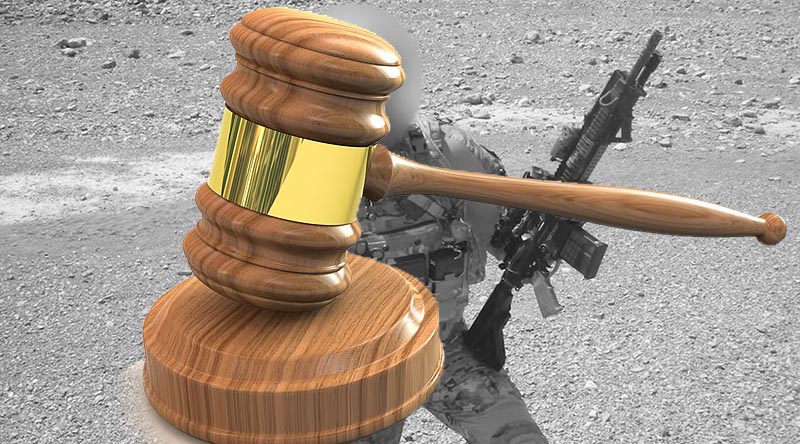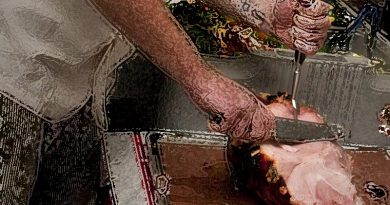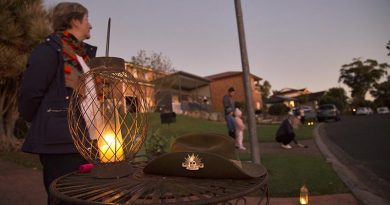Supporting Soldier C

Soldiers do as they are told
It isn’t fair that when they’re old
Those well trained men (and so well led),
Retired, sedentary, even dead,
Must shield themselves from retribution
Just in case of prosecution
By those who think it quite OKAY
To judge their actions then – today
By Michael Shave
.
.

.
.
15299 Total Views 16 Views Today






This poem makes a good point but uses sentimentality to provide justify completely ignoring anything done in war.
By this logic, the concept of ‘war crimes’ should not even exist, because soldier can apparently do no wrong. By this logic, things like the My Lai massacre are acceptable because ‘soldiers do what they are told’ and ‘it’s unfair to judge them after the fact’.
There will always (and should) be a presumption of ‘innocent until proven guilty’, but the reality is that police and prosecutors rarely lay charges unless there is a decent prospect of a conviction – that is, evidence suggesting a crime occurred. It is up to a court to determine whether there are defences or mitigating circumstances justifying those actions.
It is also important for our national strategic interests (particularly our diplomatic efforts) but also for the protection of soldiers in future conflicts, that we are seen to uphold the laws of armed conflict. If we are considered to ignore this, we could lose any protections that an adversary may have otherwise considered extending to us. We also lose our moral high ground when calling out abuses by other nations, as we have seen in some of the rhetoric from China.
What Soldier C – and indeed the nation – requires is for a fair trial, which can only occur if the emotion is kept out of the discussion, and if the media doesn’t compromise public opinion through biased coverage.